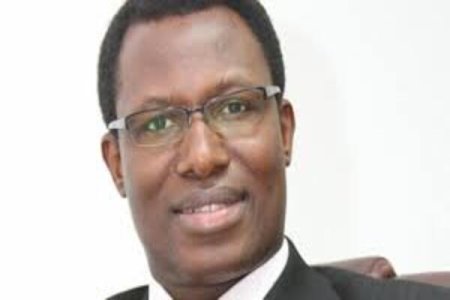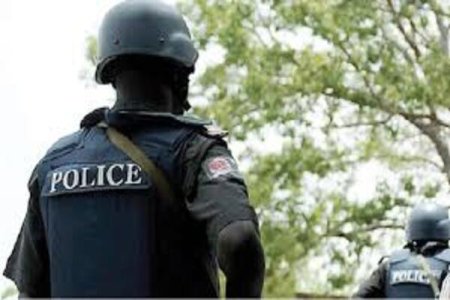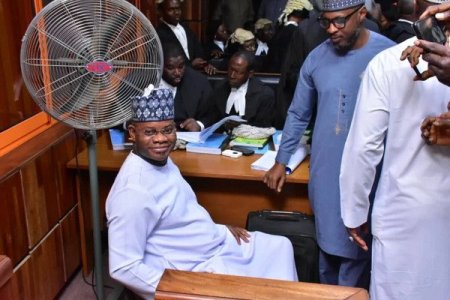
Nigerian telecom providers blame recent internet disruptions during the #EndBadGovernance protests on cable cuts by hoodlums, denying government interference. ALTON’s Gbolahan Awonuga clarifies that protestors damaged internet cables, causing outages. Public reactions remain skeptical, with many suspecting intentional network restrictions to stifle the demonstrations.
Nigerian telecom providers have attributed recent internet disruptions during the #EndBadGovernance protests to cable cuts by hoodlums. This clarification comes amidst accusations that network providers deliberately interfered with the network to hinder coverage of the demonstrations. Gbolahan Awonuga, executive secretary of the Association of Licensed Telecommunications Operators of Nigeria (ALTON), explained that the network outage was due to protesters damaging internet cables.
“There are a lot of cable cuts across Nigeria. Some of the protesters went into the manhole and cut the cables. The network disruption is not a matter of the government trying to sabotage the protest. It is as a result of the cable cut,” Awonuga stated. He added that telecom operators are coordinating with the National Security Adviser to the President (NSA) to get clearance for repairing the damage. Awonuga also urged Nigerians to be patient as efforts to restore the network are underway.
Reactions to this explanation were mixed. Some Nigerians expressed skepticism, suggesting that the network issues began before the protests. One user commented, “Internet that went bad before the protest even started, this country is cooked.” Another user echoed, “Lies… The network was awful even before the protest started.”
Others questioned the honesty of the telecom operators, with comments like, “You guys are just something else. You aren’t even trying to lie properly. Is it see finish or what?” Another person stated, “Some kind of lie Dey pain for chest, it makes you question your sanity.”
Despite the telecom operators' explanations, public sentiment remained dubious, with many attributing the network disruptions to intentional actions aimed at stifling the protests. The controversy underscores the tension between the Nigerian public and authorities during a period of significant civil unrest.



![[VIDEO] Arise TV’s Rufai Oseni and Lere Olayinka Clash Over FCT Minister's Controversial Land Dispute](/data/attachments/211/211348-34bf3a0a5272f4b7b8706c7632893cb4.jpg?hash=N4mt9lj3-d)

